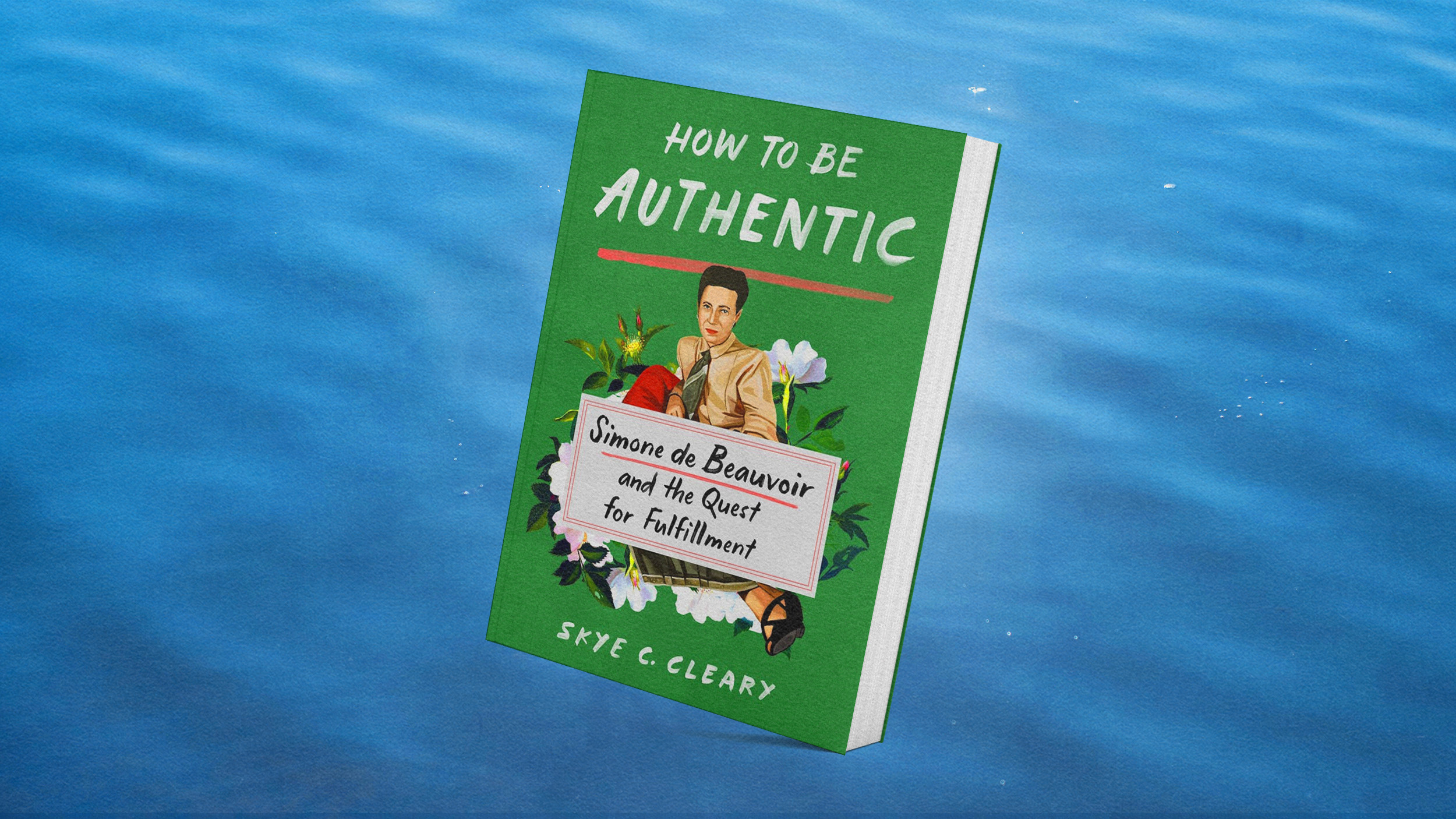Arthur Brooks, author and Harvard professor, has some startling news: In order to be happy, we also need to be unhappy, at least a little bit.
To explain this theory, Brooks reflects on the ancient Greek philosopher Epicurus, who proposed that the key to happiness is to simply suffer less, not by seeking constant pleasure but by eliminating sources of discomfort.
This idea, although intuitive, has significant implications. Avoiding the relationships and activities that cause friction can indeed make us happier. However, Brooks warns against the modern trend of overprotecting ourselves and our children from any form of suffering or conflict. In the long run, these types of “protection” could actually be more harmful than beneficial.
Suffering is a natural part of life that teaches resilience and helps us especially appreciate the good moments we experience. As Carl Jung noted, we need contrast in our lives to truly experience joy.
Arthur Brooks: A huge mistake people often make is thinking that Mother Nature cares about our happiness. Mother Nature wants us to survive, pass on our genes, get calories, find mates, and stay safe. Not only does Mother Nature not care about our happiness, but she also knows we need to be unhappy and have lots of negative emotions to alert us to threats.
Happiness is our business; it's the true human path. Epicurus, an ancient Greek philosopher, believed in eliminating sources of suffering to be happier. He wasn't about constant pleasure but avoiding suffering to improve happiness. This makes sense since much perceived unhappiness comes from suffering.
Avoiding suffering, like difficult relationships or things we dislike, seems intuitively obvious. This Epicurean idea has been pervasive throughout history. We're in an Epicurean moment, focusing on avoiding suffering, even protecting kids from conflict and students from objectionable ideas. However, suffering is part of life, and avoiding it doesn't eliminate negative emotions; it denies us experiences that help us grow.
Carl Jung, the Swiss psychoanalyst, noted we only know good because we see bad. We need contrast to experience beauty in life. By trying to eliminate suffering, we paradoxically remove sources of bliss.






